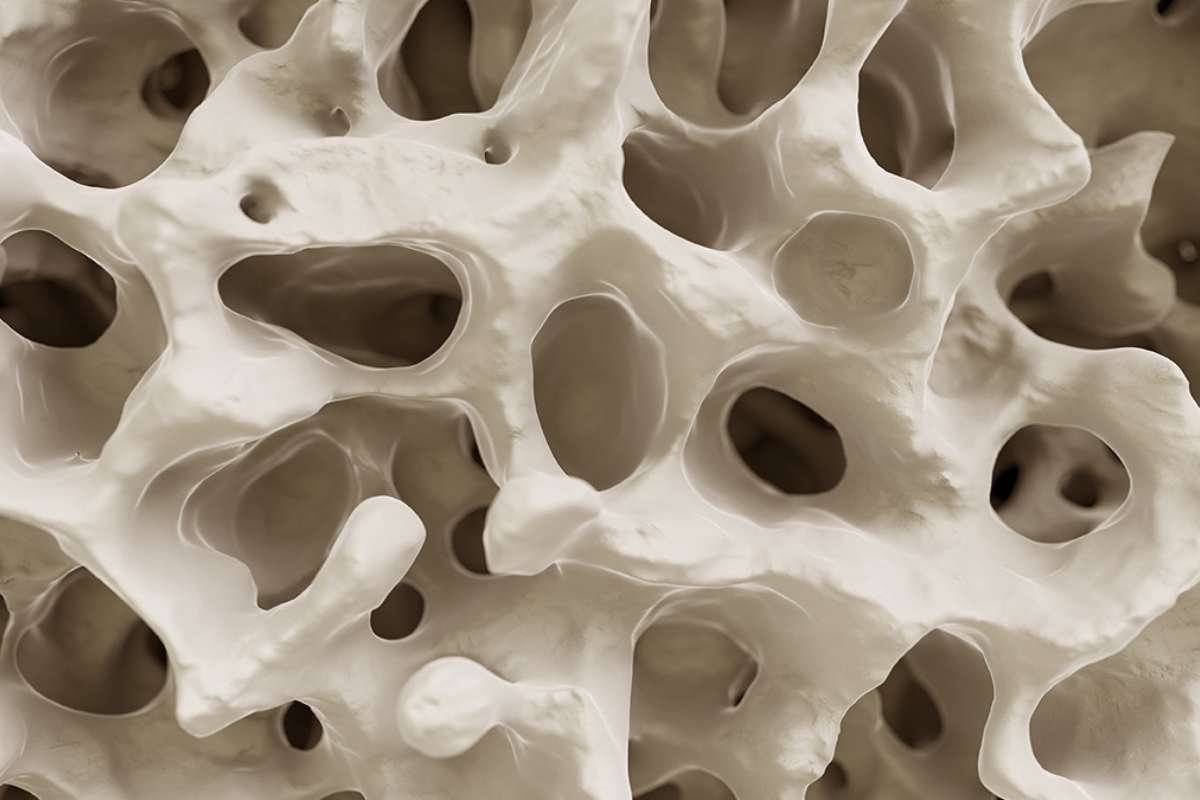An extensive observational research conducted in Denmark found a relationship between menopausal hormone therapy and dementia and Alzheimer’s disease, even in women who started treatment at age 55 or younger. Nelsan Pourhadi, MD, of Copenhagen University Hospital in Denmark, and co-authors found that women aged 50 to 60 who had undergone estrogen-progestin therapy had a higher risk of all-cause dementia (HR 1.24, 95% CI 1.17-1.33) compared to those who had never undergone the procedure.
The researchers reported their findings in The BMJopens in a new tab or window. Hazard ratios increased with longer usage periods, rising from 1.21 (95% CI 1.09-1.35) for use of less than a year to 1.74 (95% CI 1.45-2.10) for use of more than 12 years. When limited to late-onset dementia (HR 1.21, 95% CI 1.12-1.30) or Alzheimer’s disease (HR 1.22, 95% CI 1.07-1.39), or in women who received therapy at age 55 or younger, associations persisted (HR 1.24, 95% CI 1.11-1.40).
It’s unclear what the findings indicate. Pourhadi and colleagues stated that additional research is necessary to ascertain if the findings indicate a true influence of menopausal hormone therapy on dementia risk, or whether they rather reflect an inherent tendency in women who require these therapies. The co-author of an accompanying editorial, Kejal Kantarci, MD, of the Mayo Clinic in Rochester, Minnesota, concurred.
“A relationship between menopausal hormone therapy and dementia does not mean that menopausal hormone therapy causes dementia,” Kantarci said to MedPage Today. “While this might be one cause, there are a lot of other things that could be influencing this relationship,” For instance, women who seek hormone medication for issues like memory loss, insomnia, or vasomotor symptoms may already be predisposed to dementia later in life, according to Kantarci.
She emphasised that “clinical trials provide the strongest evidence for causality.” Recent clinical trials show no risk of cognitive loss in women receiving menopausal hormone therapy during the menopausal transition.
Although the analysis does not establish a cause-and-effect relationship, “the possibility of a causal link is increased by the new finding (as better records were available) that the longer people took this type of HRT [hormone replacement therapy], the more likely they were to develop dementia,” noted Gill Livingston, PhD, of University College London in England.
Livingston posted on the UK’s Science Media Centre, “In addition, the HRT prescription preceded the dementia by many years.” Additionally, the analysis by the researchers included other dementia risk variables.
According to the North American Menopause Society (NAMS), for women 60 years of age or younger, or those who are within 10 years of the menopause’s onset and do not have any contraindications, the benefit-risk ratio of menopausal hormone therapy is favourable for treating vasomotor symptoms and preventing bone loss. NAMS warns that the benefit-risk ratio may be less favourable for women over 60 or for those who begin hormone therapy more than 10 years before menopause begins due to risks of coronary heart disease, stroke, venous thromboembolism, or dementia.
Menopausal Hormone Therapy linked to dementia, new study finds
Pourhadi and colleagues identified 5,589 cases of dementia and 55,890 age-matched dementia-free controls from a population of all Danish women 50–60 years old in 2000 who had no history of dementia and no underlying condition preventing them from using menopausal hormone therapy using data from national registry between 2000 and 2018. Compared to controls, women in the case group more frequently had thyroid disease, hypertension, diabetes, and lower household income.
At a median age of 70, dementia was discovered. Before diagnosis, estrogen-progestin medication was started at an average age of 53 in 1,782 (32%) cases and 16,154 (29%) controls. For cases, the mean use period was 3.8 years, whereas for controls, it was 3.6 years. A future dementia diagnosis was linked to both continuous (HR 1.31, 95% CI 1.18-1.46) and cyclic (HR 1.24, 95% CI 1.13-1.35) estrogen-progestin regimens. Both vaginal estrogen-only therapy and progesterone-only therapy were not linked to dementia.
According to Kantarci and JoAnn Manson, MD, DrPH, of Harvard Medical School in Boston, the data cannot guide shared decision-making over hormone therapy for menopausal symptoms. “Confounding factors could be producing a spurious signal for higher dementia risk in younger women using hormone therapy for either a short or long duration,” stated Kantarci and Manson. In particular, the increased risk of dementia associated with hormone therapy that lasts for less than a year is not biologically feasible, which supports the existence of confounding factors.
Brain imaging biomarkers may make it possible to analyse the impact of hormone therapy on dementia risk in studies including recently postmenopausal women by detecting early changes in the pathophysiology of dementia.







